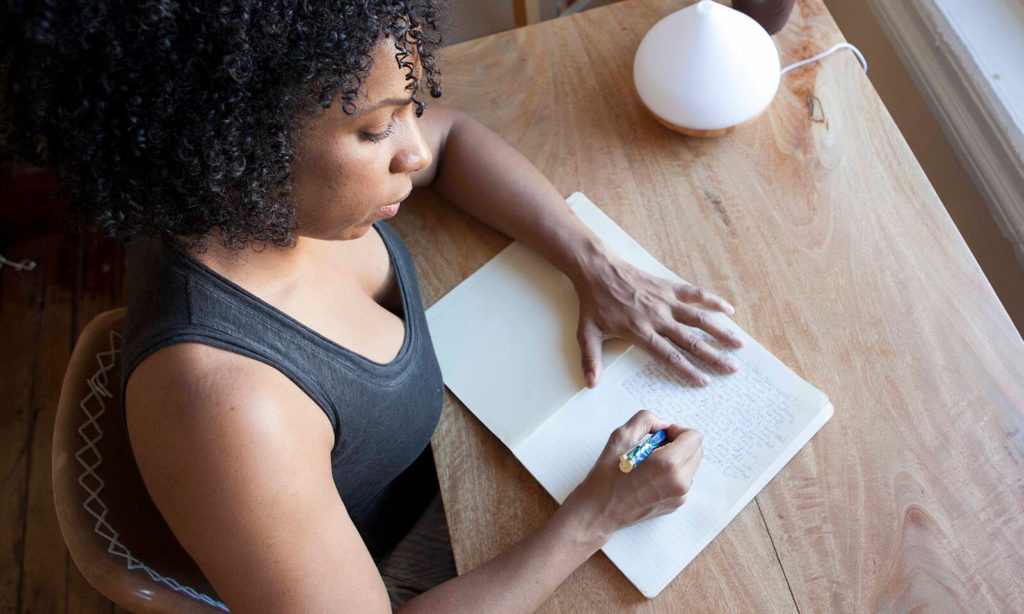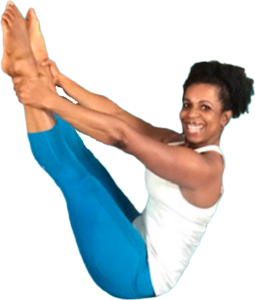Teach the Human, Not the Body
A common phrase amongst Pilates teachers is to “Teach the body in front of you”. I understand the intent but, to me, it’s always sounded a bit dehumanizing. I started teaching Pilates in 2002, but ever since 2000, I’ve been hanging onto the words of one of my favorite massage school teachers who said to “Approach every client with a sense of reverence” and to offer them “client-centered work”. She wanted us to, first, recognize our client’s humanity. Then she encouraged us to “listen” to them with our ears and eyes, ground ourselves with intention, and then approach them with a deep sense of respect. She reminded us that they are not obligated to work with us. Rather, they’re choosing to entrust us with their physical, mental and emotional well-being. That wise teacher wanted us to recognize what an honor and responsibility that is! We are there to facilitate a positive experience and meaningful transformation.

As Pilates teachers, I think it’s important that we approach our work with the same mindset. Our students are more than just bodies that we dictate orders to or try to “fix”. They are human beings with their own unique personalities, learning styles, goals, strengths, weaknesses, feelings, emotions, and insecurities. To be a student is to be vulnerable. So, as Pilates teachers, it’s highly valuable to regularly evaluate the learning environment we’re creating and to find ways to make it feel more welcoming and safe. That’s just as important as the exercises themselves.
For example:
- Are you aware of your disposition when meeting or greeting your students?
- Do you look at your students and see limitation or pure possibility?
- Do you assume your student’s weaknesses or do you see their strengths and proceed with full confidence that they will get even stronger?
- Do your verbal and touch cues feel supportive to each student?
- Do you criticize your student’s movement habits or suggest new concepts to explore?
- Do you help your students recognize and celebrate their progress?
To approach each student with a sense of “reverence” and to be “client-centered” is to be fully present with them; making them feel seen, heard, supported and even celebrated.
I previously wrote about the importance of taking regular Pilates lessons in order to stave off burnout. But it’s also an invaluable way to remember what it feels like to be a student. What are your wants, needs, and expectations when paying for a Pilates experience? How do you want to feel at the beginning, middle and end of your lesson? And how do you measure your progress?
For example, how does it feel when…
- your body is being observed when you might not feel confident in your body?
- your learning process is being watched? ‘Cause learning is messy!
- you repeatedly struggle with the same exercise?
- when you finally accomplish that “impossible” exercise?
- you receive constructive feedback and/or positive reinforcement from your teacher?
- you receive confident and decisive touch cues vs. creepy and ambiguous ones?
Maybe you’ve learned how to embrace all of these scenarios.
But what about the person who has…
- no idea what to expect as they step inside of a Pilates studio for the first time and it looks like torture-chamber?
- never had a movement practice before and they’re daring to try something new with someone they’ve never met before?
- experienced body shaming, fat phobia, homophobia, transphobia, racism, ableism and they want to feel as welcome, seen, heard, and supported as everyone else?
To be an effective Pilates teacher is to expand our awareness beyond our own egos and the exercises. We’re facilitators of a movement experience that will ideally enhance the lives of everyone we teach. It’s not just what we teach that matters, but how we teach each individual human being. And that “how” is generally informed by a strong sense of “why?” Yes, it’s important to be clear about why you choose to be a Pilates teacher. Because, being a teacher is an opportunity to have such a profound impact on those you work with; whether it be positive or negative. Either way, the environment and experience you create will always be remembered. And those are strong determinants of whether someone will continue working with you.
“People will forget what you said, people will forget what you did, but people will always remember how you made them feel” – Maya Angelou


